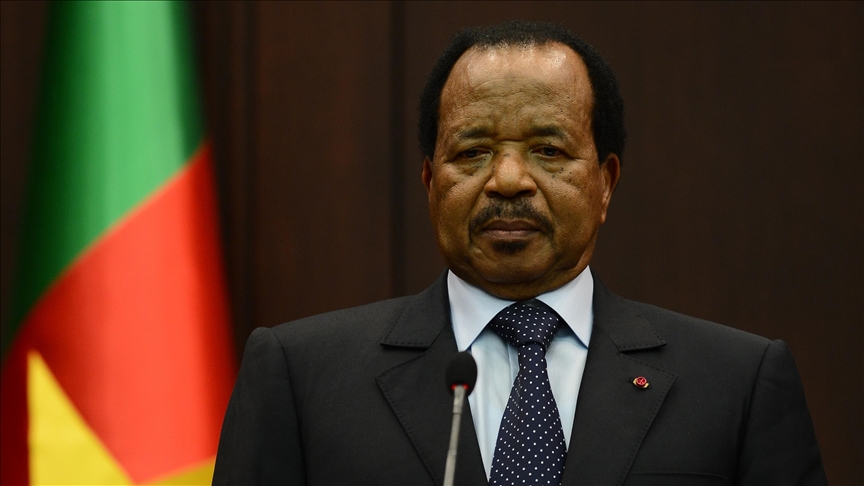Cameroon’s 92-year-old President Paul Biya, the world’s oldest head of state, has once again defied political odds by securing re-election for an eighth consecutive term. The Constitutional Council announced his victory with 53.7% of the vote, defeating his main challenger Issa Tchiroma Bakary, who garnered 35.2%.
While the result shocked some, for most Cameroonians it was a predictable continuation of Biya’s 43-year rule. His decision to seek another seven-year mandate sparked debate across the nation, not only because of his age but also due to growing concerns about his leadership style and health.
Biya is known for his long absences from Cameroon, often residing at the Intercontinental Hotel in Geneva, which has fueled speculation about who truly runs the government. Many believe that day-to-day governance falls to the prime minister, cabinet ministers, and Ferdinand Ngoh Ngoh, the influential Secretary General of the Presidency.
Despite his elusive leadership approach—rarely convening cabinet meetings or addressing national challenges directly Biya has managed to maintain stability in a nation marked by linguistic, regional, and social divides. His ability to balance competing interests between French-speaking and English-speaking regions has helped him consolidate power over the decades.
However, his extended rule has left succession questions unresolved. With no clear heir apparent, speculation continues to swirl around his son, Franck Biya, though he has shown little political ambition.
While Biya’s administration has occasionally been pressured by the IMF and international creditors, it has avoided economic collapse and stabilized national finances. Yet, Cameroonians continue to face significant development and security challenges, and many wonder how much longer Biya can maintain his grip on power.
At 92, Paul Biya remains both a symbol of continuity and a reminder of stagnation in a country yearning for renewal.

